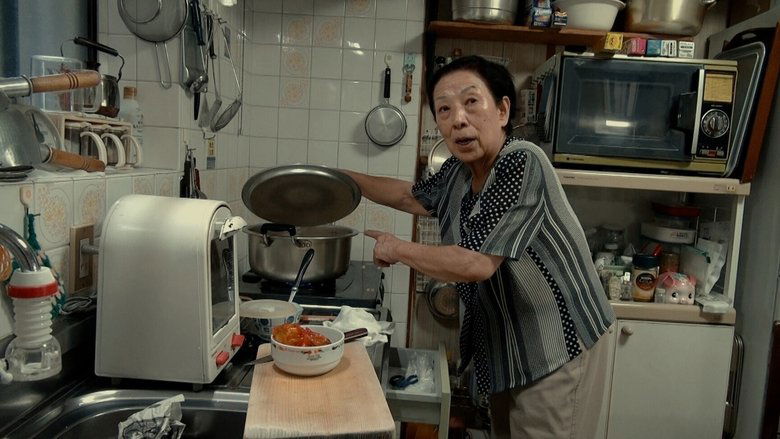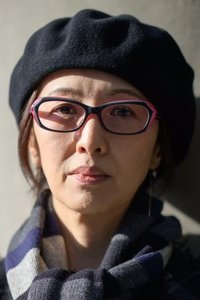Soup and Ideology
Genres
Documentary
OverView
Confronting half of her mother’s life—her mother who had survived the Jeju April 3 Incident—the director tries to scoop out disappearing memories. A tale of family, which carries on from Dear Pyongyang, carving out the cruelty of history, and questioning the precarious existence of the nation-state.
Others
Budget
$--
Revenue
$--
Status
Released
Original Language
Korean
Runtime
118 mins
Rating
9/10
Release Date
11 June 2022
Country
Japan


